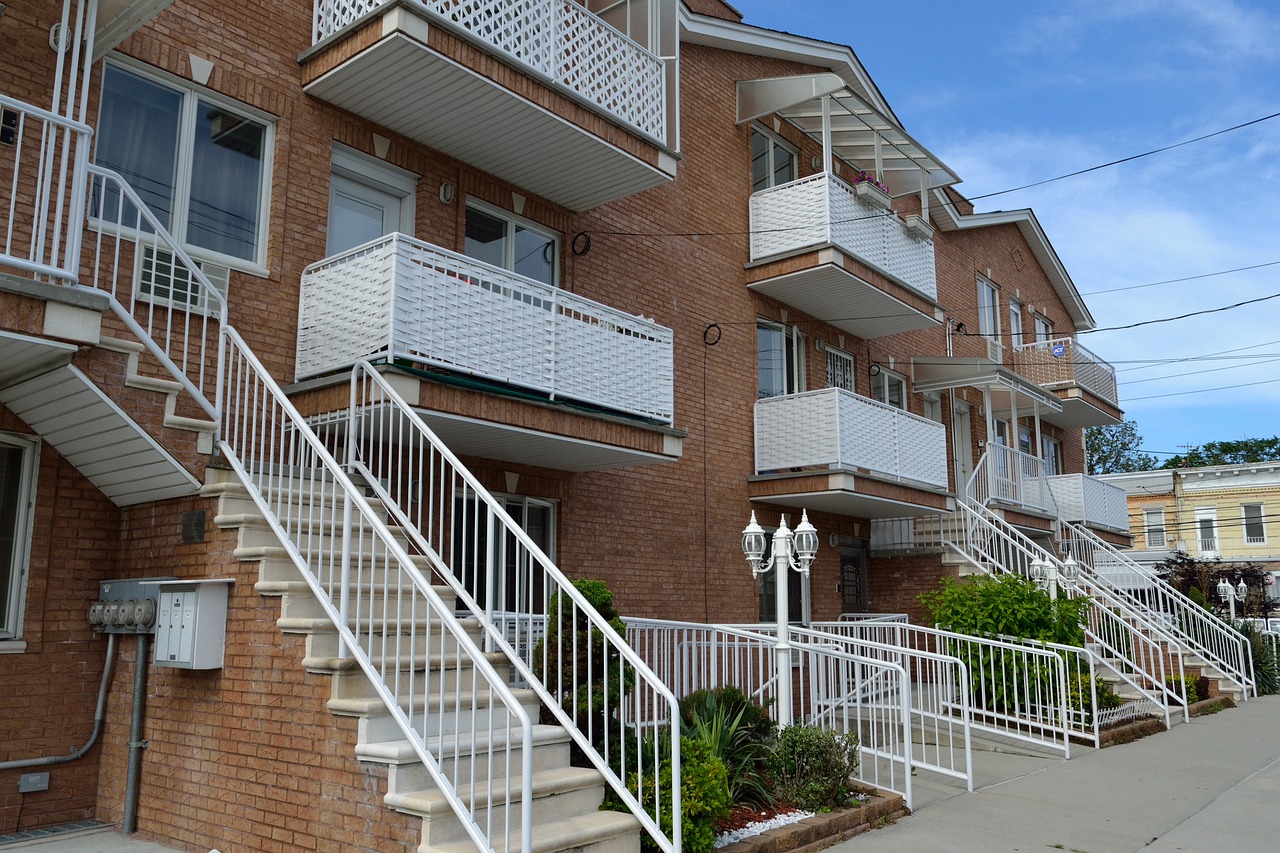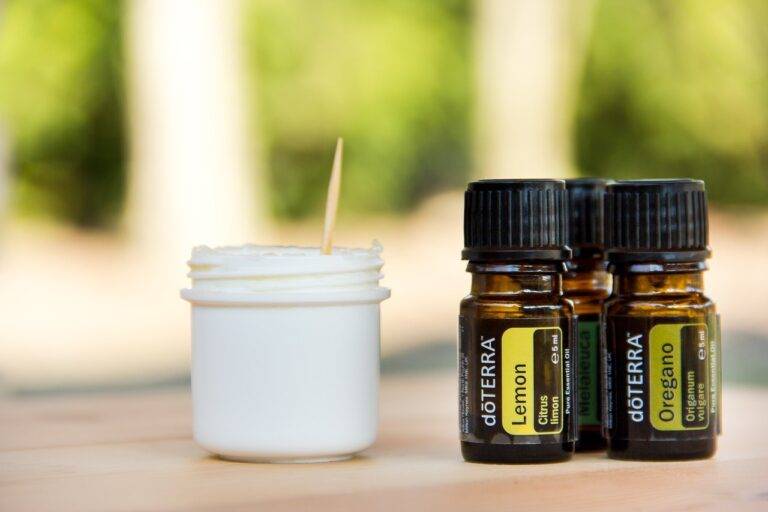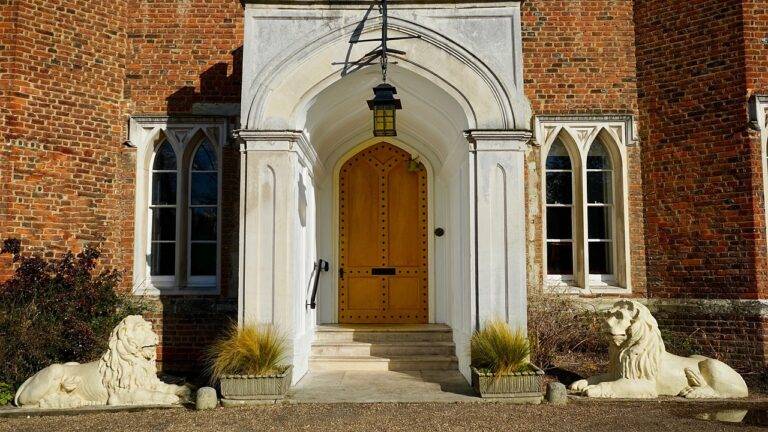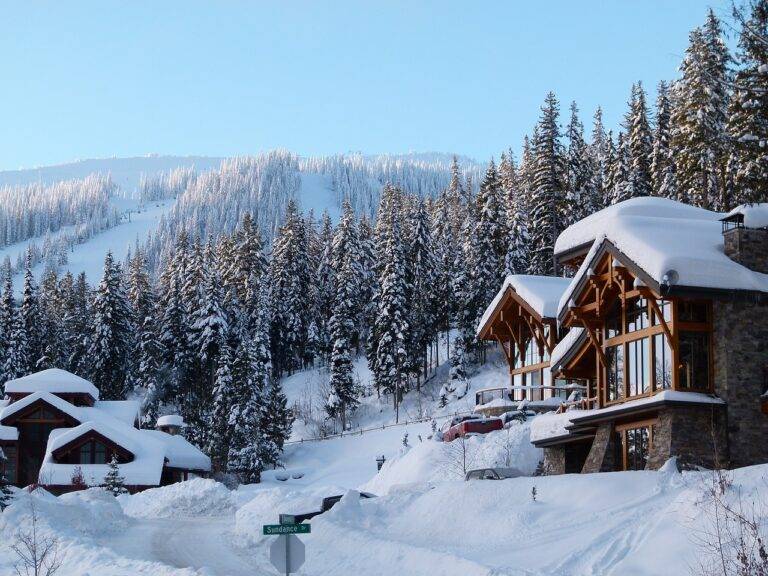The Art of Container Gardening: Growing Green in Small Spaces
Container gardening offers numerous advantages for individuals looking to cultivate plants in limited spaces. With container gardening, you can easily adjust the location of your plants to cater to their sunlight and temperature requirements. This flexibility allows you to position your plants in optimal conditions throughout the year, fostering healthy growth and vibrant blooms.
Additionally, container gardening is a practical solution for those living in urban areas or with limited outdoor space. By utilizing pots, hanging baskets, or window boxes, you can create a beautiful garden oasis on balconies, patios, or even indoors. This accessibility to gardening enables individuals to enjoy the benefits of nurturing plants and cultivating greenery, regardless of their living situation.
Selecting the Right Containers for Your Plants
When choosing containers for your plants, it is important to consider the material they are made of. Different materials have varying effects on the health and growth of your plants. Plastic containers are lightweight and retain moisture well, while terracotta pots are porous and allow for better airflow to the roots.
Size is another crucial factor to keep in mind. The containers should be large enough to accommodate the roots of your plants as they grow. It is recommended to choose containers that are at least 12-16 inches in diameter for most plants. Additionally, make sure the containers have drainage holes at the bottom to prevent waterlogging, which can lead to root rot.
Choosing the Best Soil for Container Gardening
When it comes to container gardening, selecting the right soil is crucial for the success of your plants. Container soils should be lightweight, well-draining, and nutrient-rich to provide a healthy environment for plant roots to thrive. A good quality potting mix is usually a blend of peat moss, perlite, vermiculite, and organic matter that retains moisture while allowing excess water to drain freely to prevent root rot.
It’s important to avoid using garden soil in containers as it tends to compact and restrict root growth in the confines of a pot. Instead, opt for a specially formulated potting mix that is tailored to the needs of container plants. Some mixes even come enriched with slow-release fertilizers to provide nutrients over an extended period, reducing the need for frequent fertilization. Remember, healthy soil is the foundation for healthy plants in container gardening.





